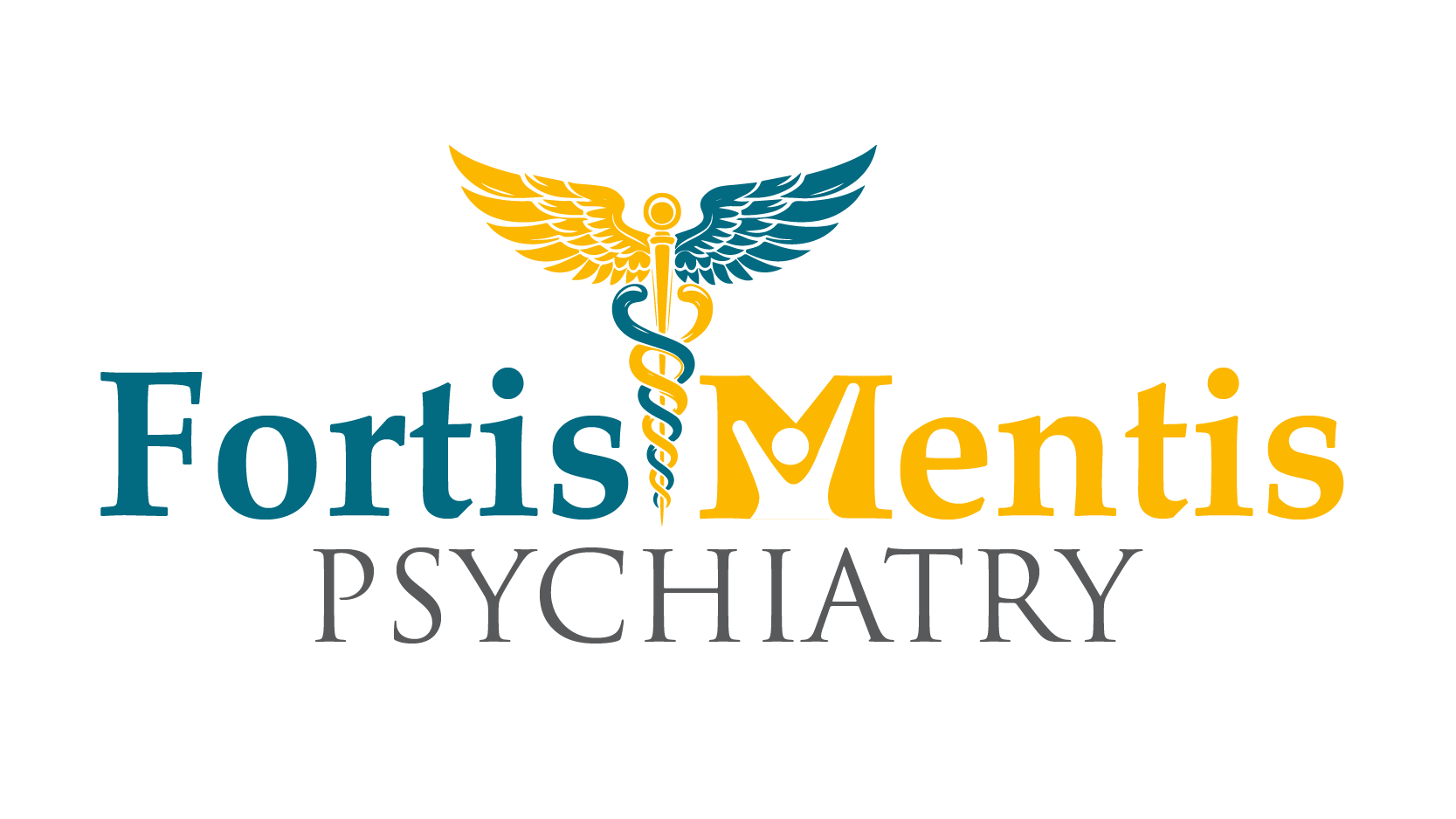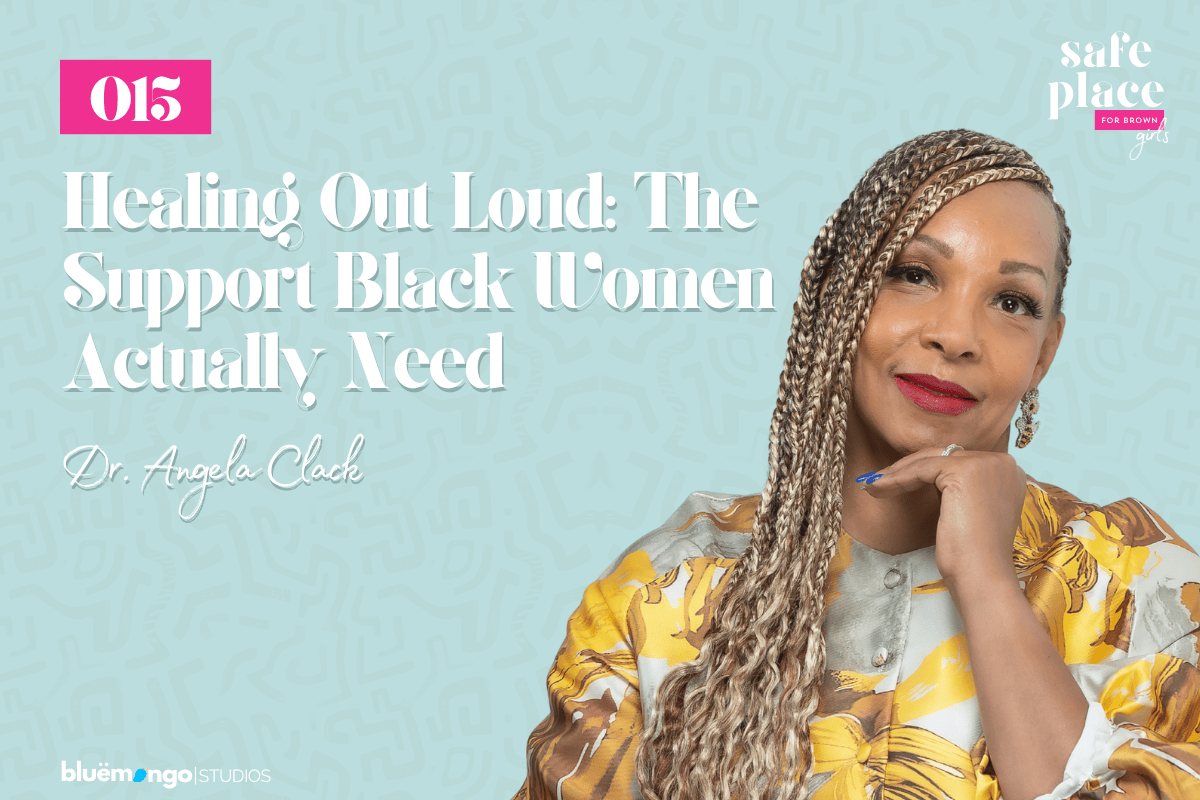In a world that celebrates hustle and resilience, especially among women of color, taking a pause rarely feels like an option.
Yet, in my recent conversation with Dr. Angela Clack, you’ll discover that stepping back, being vulnerable, and asking for help can be the most courageous—and healing—acts of all.
If you have always been taught that it’s weak or feel as though it’s wrong to open up and reach out for help, episode 15 of the podcast is for you. This blog post gives you a glimpse of what to expect from the episode.
Why Asking for Help Feels So Hard
Dr. Clack is a licensed psychologist practicing in New Jersey and Philadelphia. She has built her career supporting Black and Brown women through the thick of trauma, depression, anxiety, and now—as both a clinician and patient—through healthcare challenges.
She notes that most women come to her searching for someone who understands them, someone who looks like them, and who will hold space for their lived experience.
But even as support becomes more accessible, barriers remain deeply rooted. For generations, women of color have been taught to power through adversity without complaint, modeling themselves on the “strong Black woman” archetype.
As Dr. Clack puts it, “That narrative, while powerful, often means we endure more pain and for much longer.” The result? Vulnerability and help-seeking are often misunderstood as signs of weakness.
Breaking Cycles & Opening Up
Dr. Clack’s own story is a testament to the silent struggles so many women face. When she needed to take medical leave for a hysterectomy, she felt the weight of responsibility to her clients and the pressure to manage everything herself.
Only after opening up did she realize just how many women around her—peers, friends, even clients—had faced something similar.
These conversations highlighted the power of shared experiences and the importance of open dialogue regarding health and wellness, particularly issues that disproportionately affect women of color.
Dr. Clack emphasizes that breaking cycles of silence starts with changing the narrative. “It’s about being okay with saying ‘I’m not okay,’” she explains.
Vulnerability can look like showing up at a doctor’s office, reaching out to a therapist, or simply confiding in a trusted friend.
While there’s still stigma to contend with—especially regarding mental health and the fear of being labeled “crazy”—every open conversation chips away at those old beliefs.
Building Community: Your Village Matters
One of the most significant takeaways from Dr. Clack’s conversation is the power of community, both online and offline.
Some women are blessed with strong real-life support systems, while others must build theirs from scratch. Social media, she says, isn’t just a highlight reel—it’s a tool for connection.
From private Facebook groups to Instagram communities centered on wellness and sisterhood, digital spaces can provide camaraderie and support, especially for those who feel isolated by anxiety or depression.
The pandemic, Dr. Clack observes, fundamentally changed the way we reach out. “We were sheltering in, so how were we going to do it? It was virtual. The virtual space exploded during the pandemic years.”
Whether through virtual therapy groups or hobby-driven community pages, opportunities to connect—and heal—are there for those willing to look.
She cautions, though, to seek out credible, professional-led spaces, and reminds anyone on a healing journey to tend to their own well-being first before leading others.
Small Steps, Big Changes
Dr. Clack’s advice for Brown girls everywhere? Start small: Find your person—someone you trust.
Maybe it’s a therapist, a pastor, a mentor, or a friend. Open up, even if it’s just a little.
Vulnerability doesn’t mean spilling your deepest secrets to the world; sometimes, it’s simply acknowledging that you’re struggling.
Most importantly, remember that strength isn’t about carrying the world until it breaks you. It’s about knowing when to share the load, lean into your circle, and embrace the healing power of community.
As Dr. Clack says, “We want women to realize you weren’t built to carry the world on your shoulder.” There’s hope, healing, and an entire sisterhood waiting—sometimes, you just have to ask.
Build A New Kind of Strength
The act of asking for help isn’t a sign of weakness; it’s a testament to your commitment to health and wellness.
Dr. Angela Clack reminds us that we were never meant to carry the world on our own.
By embracing vulnerability, you are not only breaking free from the weight of old expectations but also paving the way for a new kind of strength—one rooted in community, shared experiences, and the courage to heal.
The journey to well-being begins with a single step, and sometimes, that step is simply reaching out and saying, “I need help.

